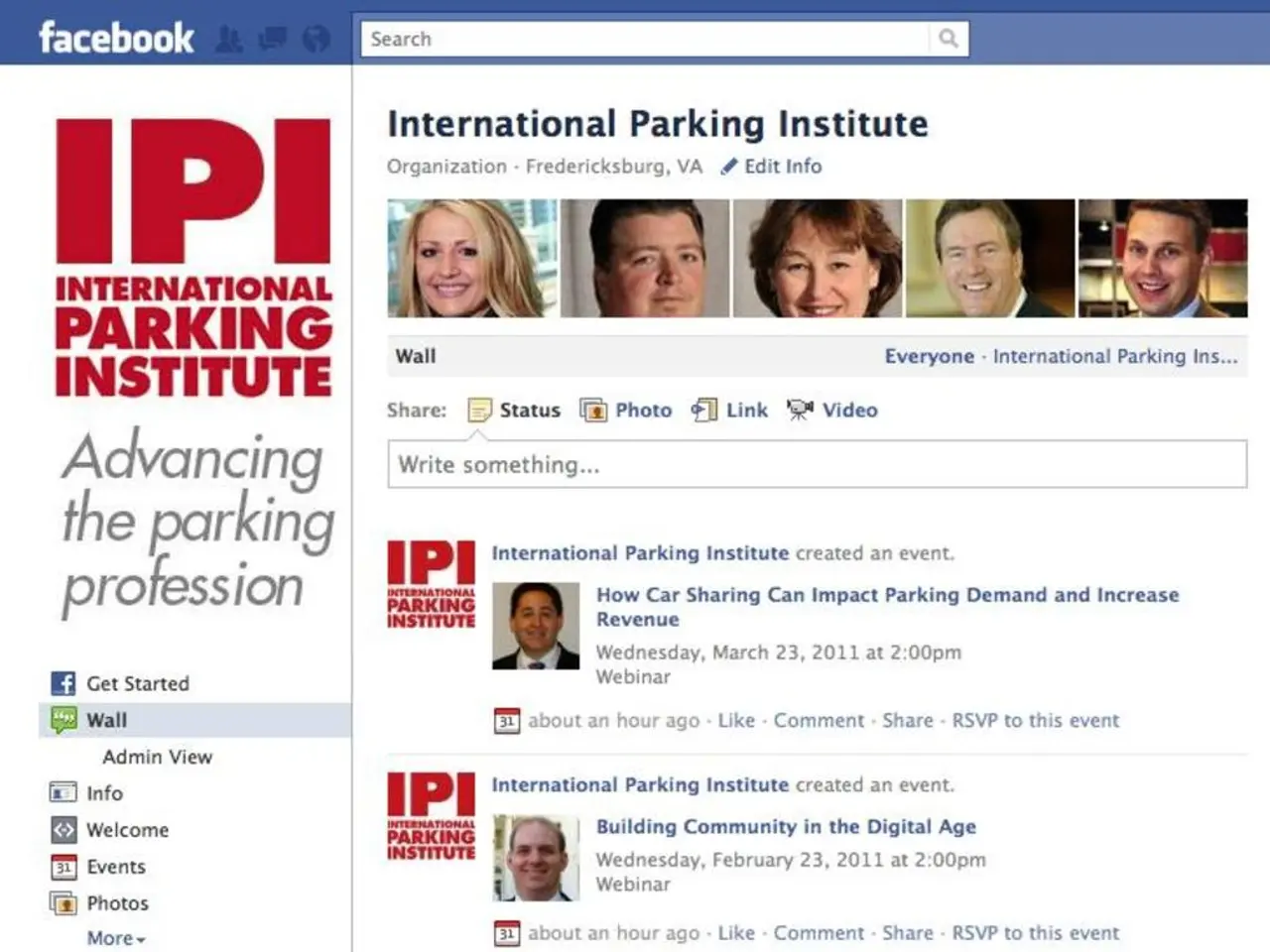Discrimination based on gender and age adversely impacts women over 50, representing a significant battle for recognition and respect
In today's workforce, women over 50 face a significant challenge: gender ageism. According to recent studies, nearly two-thirds of women aged 50 and above regularly encounter age discrimination, a problem that has been illegal since 1967.
This issue is far-reaching, affecting women in various industries and sectors. About 80.7% of women have witnessed their colleagues being treated differently due to age, and 48% face age discrimination at work. The consequences are severe, with women over 50 often getting stuck in low-paying jobs and losing significant amounts of wages and Social Security benefits when they leave work to care for elderly family members.
However, there is hope. By adopting a combination of organizational policies, cultural change, flexible work models, and targeted support, we can effectively address and mitigate gender ageism.
Empowering Women Through Flexible Work Models
Many women over 50 are finding empowerment in fractional leadership roles, where experienced professionals take part-time executive positions across companies. This model enables women to stay relevant, self-manage their careers, and sidestep traditional ageist career barriers without stepping back from the workforce.
Implementing Inclusive Policies
Organizations need to develop policies that encourage hiring, retaining, and promoting older women. This involves active management of age diversity, removing incentives for early retirement, and creating supportive workplace environments with flexible retirement and work options.
Lifelong Learning and Upskilling Opportunities
Ensuring women over 50 have access to continuous formal and informal training helps close skill gaps and maintains their competitiveness, countering stereotypes about adaptability and productivity.
Challenging Workplace Culture and Stereotypes
Negative stereotypes linking menopause and aging to reduced capability harm confidence and engagement. Cultivating awareness and supportive measures that challenge these biases reduces stigma and supports women’s well-being.
Leadership and Accountability
Leadership commitment to preventing harassment and discrimination is crucial. Strong, proactive measures reduce the systemic barriers that disproportionately affect older women, especially intersecting with race and economic status.
Supporting Gender Equity Measures
Broader policies supporting women’s employment, such as shared parental leave and childcare subsidies, help mitigate the motherhood penalty and enable sustained career progression relevant to older women as well.
Women over 50 are refusing to accept workplace discrimination and are fighting back legally and redefining their careers. Success stories like Linda Vanneman, co-founder of Lynda.com, later acquired by LinkedIn for $1.5 billion, and Jaleh Bisharat, who launched NakedPoppy, an online clean beauty store, at 50, serve as inspiring examples.
The best workplaces emerge for all generations when we challenge unfair practices, support legal protection, and honour the achievements of women over 50. By addressing gender ageism, we not only foster inclusive environments where skills and leadership are valued but also prevent economic losses that could reach up to $3.9 trillion by 2050 if left unchecked.
[1] "Flexible Work Models: A Win-Win for Women Over 50." AARP. https://www.aarp.org/work/working-at-50-plus/info-2019/flexible-work-models-for-women-over-50.html
[2] "Leadership Commitment Key to Preventing Harassment and Discrimination." Catalyst. https://www.catalyst.org/resources/leadership-commitment-key-to-preventing-harassment-and-discrimination/
[3] "Combating Age Discrimination in the Workplace." AARP. https://www.aarp.org/work/working-at-50-plus/info-2019/combating-age-discrimination-in-the-workplace.html
[4] "Addressing Ageism in the Workplace." Age UK. https://www.ageuk.org.uk/information-advice/work/ageism-in-the-workplace/
- Fractional leadership roles, accommodating experienced professionals with part-time executive positions, provide a style of work that enables women over 50 to maintain relevance in the business, manage their careers independently, and bypass traditional barriers of ageism without leaving the workforce.
- In the field of science, 50% of women face age discrimination at work, underscoring the importance of implementing inclusive policies that encourage hiring, retaining, and promoting older women, such as removing incentives for early retirement and creating flexible retirement and work options.
- Investing in workplace-wellness programs, encompassing health-and-wellness, mental-health, and therapies-and-treatments, can significantly improve the overall well-being of older women in the workforce, hence mitigating the impacts of stress and burnout associated with gender ageism.
- Cultivating an inclusive environment in the workplace, where programs focusing on education-and-self-development, career-development, and personal-growth are prioritized, can help challenge negative stereotypes related to age, increase productivity, and bolster the confidence of women over 50.
- In addition to organizational policies, addressing mental-health concerns is crucial in today's workplace to combat the adverse effects of stress and anxiety caused by gender ageism. This includes offering employee assistance programs and promoting open communication about mental health to support the well-being and productivity of women over 50.
- According to a recent study by Catalyst, leadership commitment is key to preventing harassment and discrimination in the workplace. Effective measures to combat gender ageism involve clear anti-discrimination policies, strong enforcement mechanisms, and leadership accountability.
- Implementing diversity-and-inclusion initiatives can make a significant difference in the overall workplace culture. By valuing the contributions of women over 50, organizations can foster a more inclusive environment where their skills and leadership are recognized and utilized effectively.
- The finance sector plays an essential role in wealth-management for women over 50. Access to financial advice and planning resources can help them build, manage, and grow their wealth, ensuring a secure future and increased economic independence.
- Pursuing careers in various industries and sectors, from business and entrepreneurship to healthcare and education, women over 50 are setting inspiring examples through their accomplishments. By redefining their careers and refusing to accept workplace discrimination, they are paving the way for positive change and a more equitable workforce in the future.







